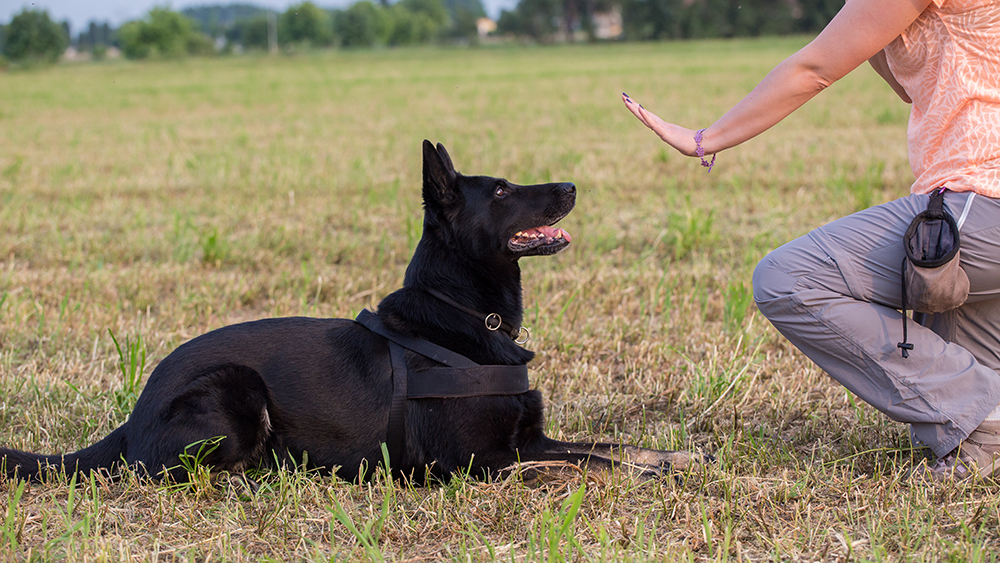Click Below to Skip Ahead
When looking for a dog to give a forever home, you want a pet that fits into your lifestyle and home. For example, if you live in an apartment, you might want a tiny dog like the Teacup Havanese. With a lifespan of 12 to 16 years, the Havanese will be with you for a long time. If you’re looking for a pet that comes in various colors, is tiny enough to carry in your purse if the need arises, and is sweet and adorable, the Teacup Havanese should undoubtedly be on your list for potential pets to adopt.
The Teacup Havanese is curious, happy, intelligent, and playful, and that’s just a few of their admirable qualities. They make perfect companions for seniors, couples, apartment dwellers, and anyone looking for an extra-small dog to love them unconditionally.
Breed Overview
Height:
Around 8.5 inches
Weight:
Between 4 and 7 pounds (closer to 4)
Lifespan:
12 -16 years
Colors:
White, black, blue, cream, silver, champagne, red, gold, sable, chocolate
Suitable for:
People looking for tiny dogs, apartment dwellers, first-time pet owners, those looking for low-shedding pets
Temperament:
Curious, happy, playful, intelligent, sensitive, attached to their owner
The Teacup Havanese is a miniature version of the Havanese but is not considered to be a purebred dog. The cheerful and intelligent Teacup Havanese is extra-small, and some new owners are surprised by how tiny they are. The Havanese is considered to be part of the toy dog breed group, so you can imagine how small the teacup version is.
If you’re considering adopting a Teacup Havanese, we’ll tell you everything we know about the adorable breed in the guide below.
Teacup Havanese Characteristics
 Teacup Havanese Breed Puppies
Teacup Havanese Breed Puppies

If you’ve ever had the fortune of seeing one, you know the Teacup Havanese is a tiny bundle of joy. However, this breed doesn’t come cheap. You can expect to pay between $1,495 and $10,000 for a puppy from a reputable breeder. The price is determined by the breeder and the location you’re purchasing the dog in. It’s also essential to note that any teacup version of any dog breed will cost you more than the larger version. They are rare dogs, which means the breeder can charge more for the puppy.
Finding a breeder for these teacup wonders might be challenging. You also need to be extremely careful, as many breeders introduce what is known as the dwarfism gene into their dogs to get the teacup-size pet owners are so fond of.
Some breeders even crossbreed the Havanese with other dogs, such as the Yorkshire Terrier or the Chihuahua, to get the teacup variety. While it’s highly unlikely, you might be able to find a Teacup Havanese at your local animal rescue for a cheaper price. The adoption price may vary according to what the shelter did for the puppy before you adopted them, such as microchipping and vaccinations.
Temperament & Intelligence of the Teacup Havanese
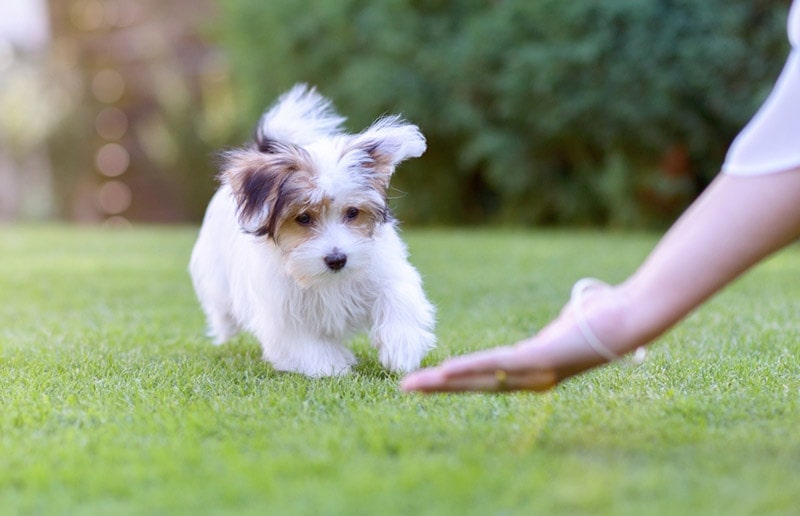
You’ll quickly find that the Teacup Havanese is a friendly little dog. They have a fun-loving temperament, are intelligent, and easily become attached to their owners. Their intelligence makes them very easy to train. Since they’re small and intolerant of extreme temperatures, Teacup Havanese are not suitable as outside pets.
However, it’s also important to note that they sometimes take a while to house train. The dog has a tiny bladder, and you’ll be making more treks outdoors for bathroom breaks than with larger breeds. You’ll need to have quite a bit of patience with this tiny creature, so be prepared.
Are These Dogs Good for Families?🏡
The Teacup Havanese makes a great family pet. Their small size and loving nature make them a joy to have around, and the puppy won’t take up a whole lot of room and will adapt well in an apartment setting. However, they might not be the best choice for a family with small children. Smaller children tend to be rough with their pets, and roughhousing with this breed could easily lead to your tiny furry friend becoming injured or worse.
Teacup Havanese are also prone to separation anxiety, which means the dog should go to a family where someone is home most of the time. Dogs that are bored or anxious when their owners are gone can become destructive, and though the Teacup Havanese is tiny, they could tear up your throw pillows and more if they wanted to.
Does This Breed Get Along with Other Pets?🐶 😽
Teacup Havanese typically get along with most other pets. To keep the Havanese and other pets safe, it’s better to pair a Havanese puppy with another dog or cat of a similar size. Although a large dog could undoubtedly grow to love a Teacup Havanese, accidents happen whenever dogs get excited, and smaller breeds are better roommates than larger ones.
The Teacup Havanese pup is shy, especially compared to other outgoing tiny dogs, and they’ll need to be introduced to other pets gradually. Visits to the dog park (if there’s a small dog section) and playdates with other dogs will help socialize your Teacup Havanese so that they’re not as fearful around unfamiliar pets.
Things to Know When Owning a Teacup Havanese:
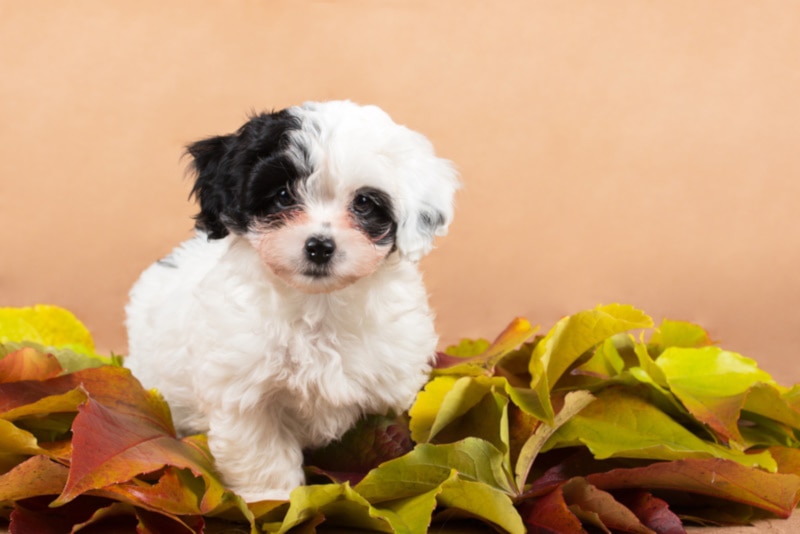
You know a bit about the Teacup Havanese, and you might consider contacting a breeder to purchase one as a pet. However, there are still a few things you’ll want to know regarding this tiny bundle of joy. In the sections below, we’ll give you tips for everything from food to health issues you should watch out for.
Food & Diet Requirements🦴
As you know, the Teacup Havanese is an extra-tiny dog, and it’s best to discuss their diet with your veterinarian. Not only do you want to prevent your puppy from becoming overweight, but they are also prone to a genetic condition called liver shunt. It is caused by abnormal growth and stops the liver from receiving the proper amount of blood. To prevent this condition, your Teacup Havanese might need a low-protein diet to keep them healthy and happy.
Exercise🐕
Because the Teacup Havanese loves to be around humans, you won’t have any problem getting the dog to play, which provides vital exercise. However, because of their tiny frame, they don’t need intensive exercise and cannot handle long hikes or jogging. Other than playing with your furry friend, a game of fetch twice a day or a brief walk is enough to keep the dog fit and healthy. They generally don’t need more than 30 minutes of exercise daily.
Training🦮
The Teacup Havanese is easy to train because of their intelligence. You’ll have more luck if you praise the dog when they respond correctly or learn a new trick. Use positive reinforcement when training your puppy, and never yell at or punish the dog, which will have the opposite effect and make your pup afraid of you.
Before they’re potty-trained, a Teacup Havanese puppy will need someone to take them outside for bathroom breaks frequently. That is why they’re not the best dogs for owners who are away at work for most of the day. You can hire a pet sitter, but it’s an expensive alternative since they’ll have to stay with the dog all day.
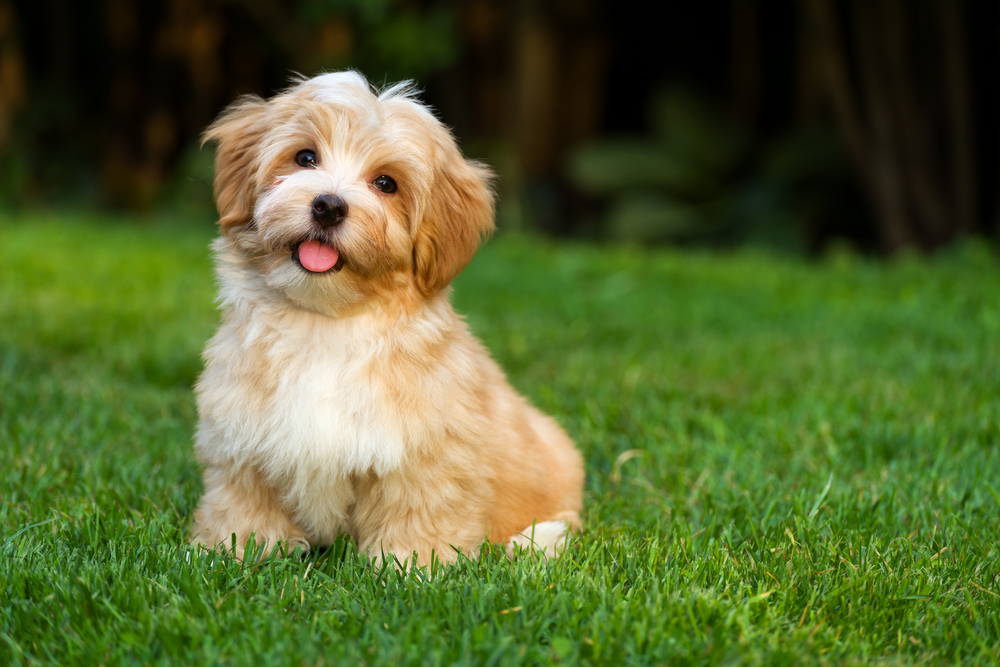
Grooming ✂️
The Teacup Havanese breed has long, double-layered, silky fur. You can end up with a wavy or a straight-haired Teacup Havanese Puppy. The dogs are light shedders, but they still require quite a bit of grooming. It’s best to brush them once a day so their fur doesn’t become matted and tangled. You can purchase a pin brush for this task, which will make it a bit easier.
Grooming a Teacup Havanese is more complicated than with other breeds; they need to be bathed more frequently, and the fur by their eyes must be cleaned with a tearstain remover. Like many little dogs, Teacup Havanese are prone to dental issues, and their teeth must be brushed three or four times weekly to keep them healthy. It’s okay to check the dog’s ears and toenails about once a week.
Although the grooming requirements are extensive, you can also hire a professional to help with haircuts, bathing, and nail trimming.
Health and Conditions❤️
These tiny teacup wonders are prone to specific health conditions. As we said, some less-than-reputable breeders introduce the dwarfism gene into the dogs to produce teacup puppies. Some breeders breed runts over and over to get the tiny size. Neither of these breeding practices is ethical or safe for the dogs. Even if the Teacup Havanese are bred properly, there are a few conditions you need to be on the lookout for.
- Hypothyroidism
- Obesity
- Cataracts
- Heart defects
- Liver shunt
- Patellar Luxation
- Legg-Calve-Perthes Disease
- Hip dysplasia
- Respiratory issues
Male vs. Female
Whether you give a male or a female Teacup Havanese a forever home, you can be sure that they are both loving and intelligent. However, there are a few differences to speak of. The male is less territorial than the female, and females tend to demand more attention from their owners.
Males are said to be easygoing, better able to deal with children, and more laidback than females, though females may be a bit easier to housetrain than males.

3 Little-Known Facts About the Teacup Havanese
Now that you know everything there is to know about the Teacup Havanese, you can make a final decision on whether you want to give one a home with you and your family. You might also be interested in learning a few little-known facts about this adorable pup.
1. The Havanese Is One of the Most Social in the World
The Havanese is one of the most social dogs in the world. They are “Velcro” dogs that love nothing more than to be close to their pet parents.
2. Their Separation Anxiety Can Be Extreme
While many dogs have separation anxiety, the Havanese can have extreme anxiety that manifests itself in strange ways. They can become destructive when away from their owners. If you don’t have a few hours to devote to this breed every day, they might not be the best pet for your family.
3. The Havanese Does Not Do Well in Cold Weather
Even with their long fur, the Teacup Havanese doesn’t tolerate cold weather well. The dog originated in Cuba, which has a tropical climate.

Final Thoughts
The Teacup Havanese is an adorable dog that stays extra-tiny even after they reach adulthood. They’re remarkable canines that make the perfect pets for the right owners, but they’re best for those that work from home or spend most of their time there. They don’t react well to being left alone for long periods, must be taken outdoors to use the bathroom frequently, and their coats require extensive maintenance to stay healthy. However, if you have the time and patience to care for a Teacup Havanese, you’ll be rewarded with one of the world’s most loyal and loving canines.
Featured Image Credit: Dorottya Math Shutterstock

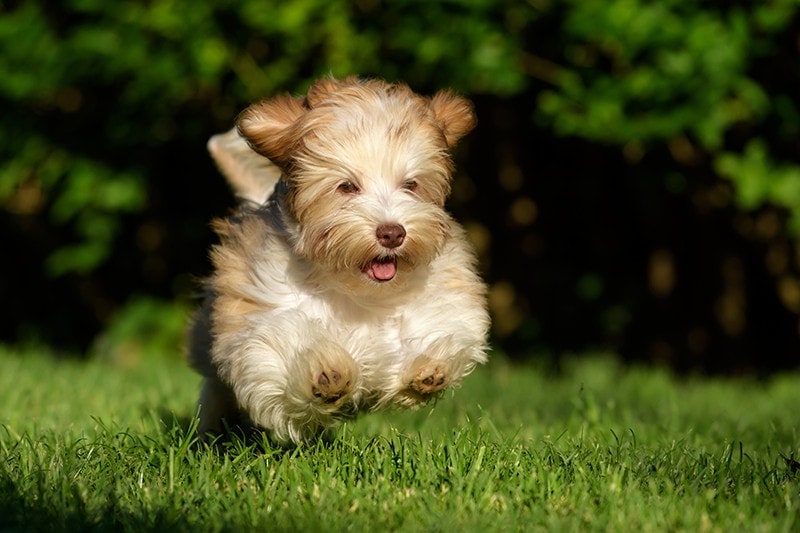

 Teacup Havanese Breed Puppies
Teacup Havanese Breed Puppies
